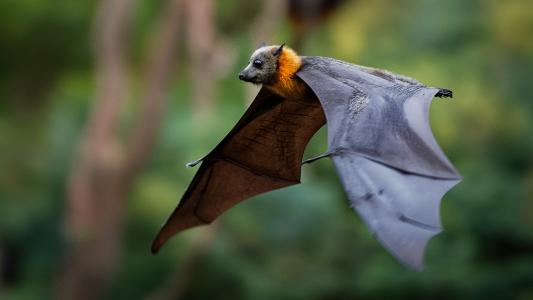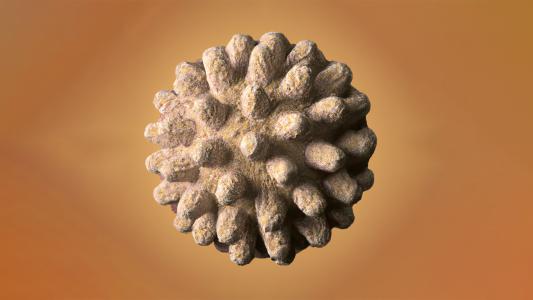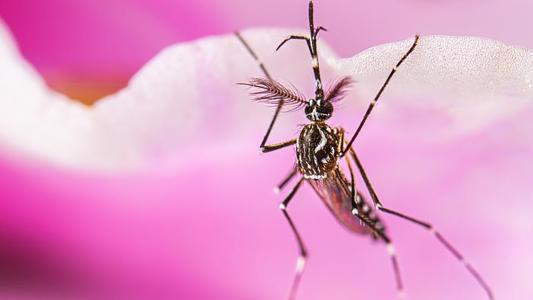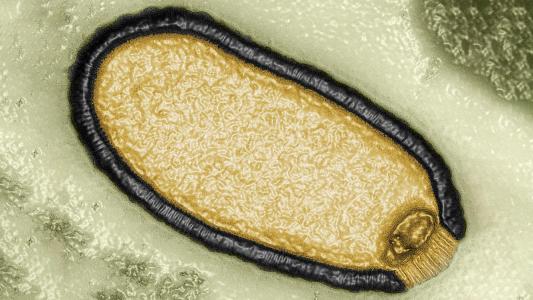Virology
How intestinal viruses could help you live to be 100
People who live past age 100 have a greater diversity of bacteriophages (that is, viruses that infect bacteria) in their intestines.
Gain-of-function research is more than just tweaking risky viruses
Gain-of-function experiments in the lab can help researchers get ahead of viruses naturally gaining the ability to infect people in the wild.
Something found in bats could help us survive infections and inflammation
This protein may help bats survive viral infections and could be the springboard for new anti-inflammatory drugs.
World’s first vaccine for RSV approved in the US
The FDA has approved the world’s first vaccine for RSV, a potentially deadly viral infection that has long eluded vaccination.
Ancient viruses in the human genome can help fight cancer
Armed with a DoD grant, researchers are harnessing the genetic code of ancient viral infections to fight prostate cancer.
A mosquito factory will create billions of biters in Brazil
The World Mosquito Project’s plan is to introduce bacteria-carrying mosquitoes to stop the spread of dengue.
Nasal COVID-19 vaccine outperforms mRNA shots in new study
A live attenuated vaccine for COVID-19 that delivered via a nasal spray outperformed several shots in a preclinical study.
Harvard geneticists create an organism that is immune to all viruses
Researchers at the Harvard lab of George Church have genetically engineered E. coli resistant to viral infection.
As bird flu spreads in the US and worldwide, what’s the risk that it could start a human pandemic?
Many virologists are concerned that the latest bird flu outbreak could spill over to humans and cause a new human pandemic.
“Zombie virus” revived after 48,500 years in permafrost
A newly discovered “zombie virus” was still able to infect hosts more than 48,500 years after it was trapped in Siberian permafrost.









